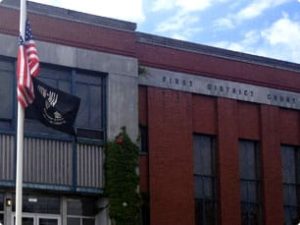Being questioned by a police officer who suspects you may be impaired while driving is no doubt something that would cause a person to be very nervous. Part of the nerves experienced in this situation is due to the fear of what consequences you might be given if you are convicted. Part of the nerves also come from a lack of understanding about the process and the tests used during the arrest.
Many people might think that field sobriety tests are administered to prove intoxication. However, as explained by FieldSobrietyTests.org, this is not only untrue, but it is also impossible. These roadside tests are actually used only to support the law enforcement officer’s supposition that you might possibly be drunk. These tests can then provide the evidence needed for you to be legally arrested and charged with drunk driving.
Also important to know is that none of the three tests used are fully accurate. The one-leg stand test has an accuracy rate of 65 percent. The walk and turn test is said to be accurate 68 percent of the time. The horizontal gaze test has an accuracy rate of 77 percent. The combined accurate rate of all three tests is somewhat higher at 82 percent but still leaves a reasonable margin of error that drivers should explore during their defense.
This information is not intended to provide legal advice but is instead meant to give people in Massachusetts an understanding of what field sobriety tests can actually do and how accurate they are or are not.


